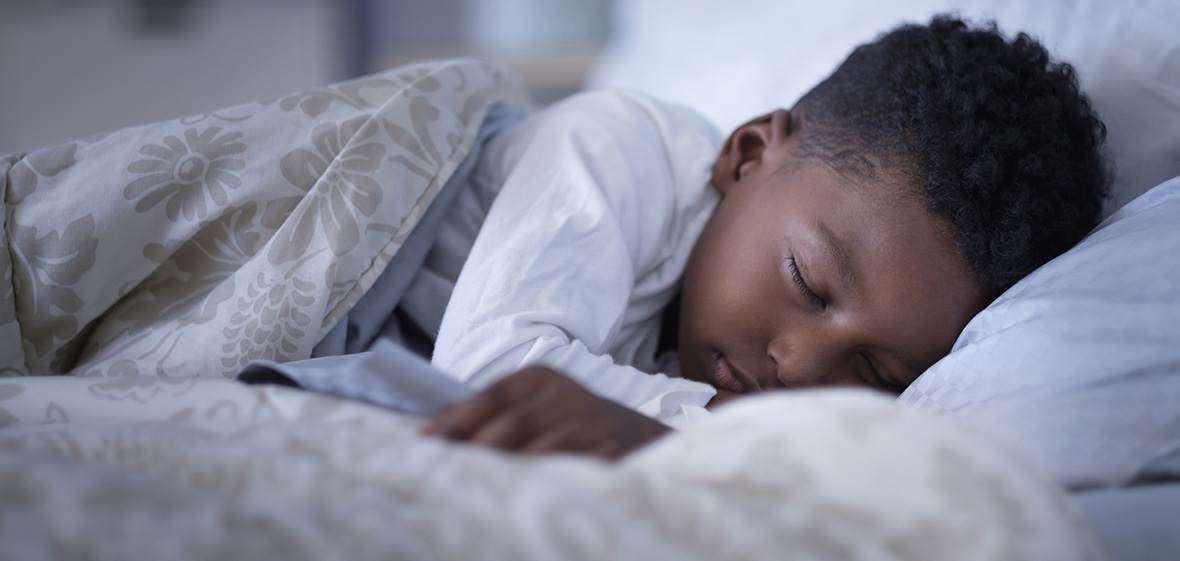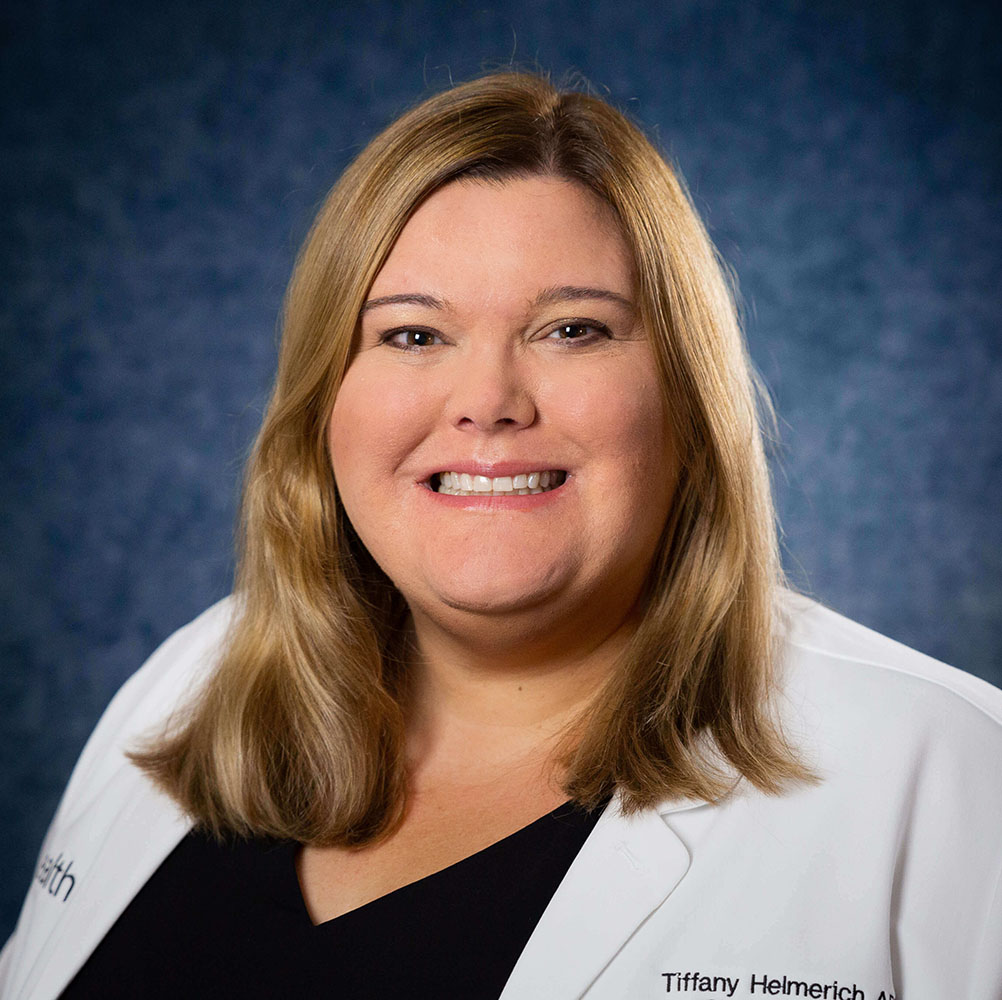
It’s almost time for school-aged children in our community to go back to school. For many children, their summer sleep schedule has been quite different from their sleep schedule during the school year. Healthy sleep routines and habits are important throughout the lifespan, and especially important in school-aged children as they are experiencing physical, mental, educational and psychological growth and development.
Below are three tips to help promote healthy sleep for children and adolescents as they prepare for and begin a new school year.
Establish a Sleep Schedule
If sleep schedules varied significantly over the summer, it is important to start to reset a sleep schedule that will allow adequate sleep time at least one to two weeks before school starts. For example, your child can go to bed earlier in 15-minute increments every night or two nights to gradually move to an earlier bedtime and wakeup time.
It is also best to try as much as possible to keep the same bedtime on the weekends. This is typically easier for younger children than adolescents.
Ensure Adequate Sleep Time
Adequate sleep time is always important and can vary in individual children. Multiple studies have proven that adequate sleep is important for optimal growth, development, behavior and even immune system functioning. The American Academy of Sleep Medicine recommends the following amounts of sleep on a regular basis to promote health in children, adolescents and adults:
- Children 3-5 years: 10-13 hours per 24 hours (including naps)
- Children 6-12 years: 9-12 hours per 24 hours
- Teenagers: 8-10 hours per 24 hours
- Adults: 7-9 hours per 24 hours
Adjust Nighttime Routines and Environment
Some general adjustments to nighttime routines and sleep environment can help promote more optimal sleep.
Your child should avoid electronic devices, including cell phones, televisions, computers, tablets and video games, at least 30-60 minutes before bedtime. Research is ongoing, but many studies have shown that exposure to electronic devices that emit blue light adversely impacts sleep quality and overall sleep time. Instead, encourage quiet activities away from electronics, such as reading, puzzles, drawing or journaling.
Of course, a routine schedule is important, but do not forget about the importance of the sleep environment as well. The optimal sleep environment is a bedroom that is cool, dark and quiet.
The sleep specialists with UofL Physicians – Sleep Medicine are nationally regarded for their expertise in the diagnosis, treatment and care of sleep disorders. With multiple convenient locations around the region, there’s no reason to lose a minute’s sleep! Call 502-259-6610 for more information or to schedule a sleep consultation.









